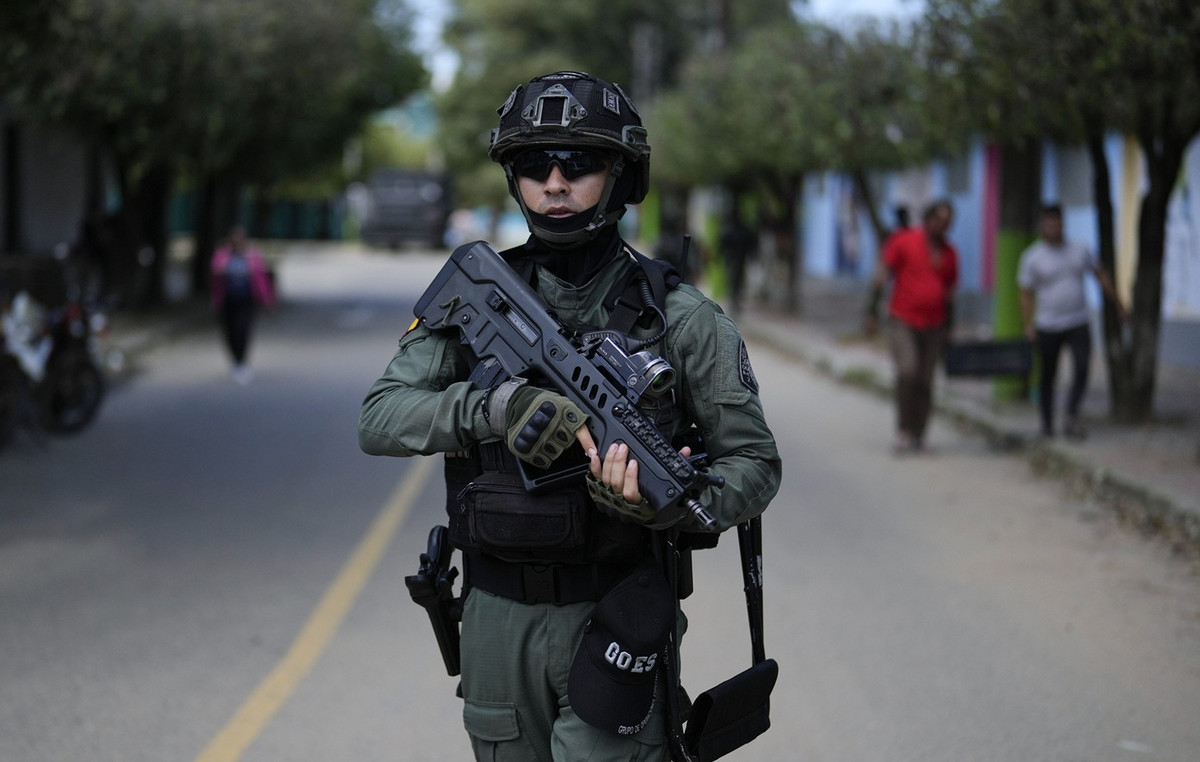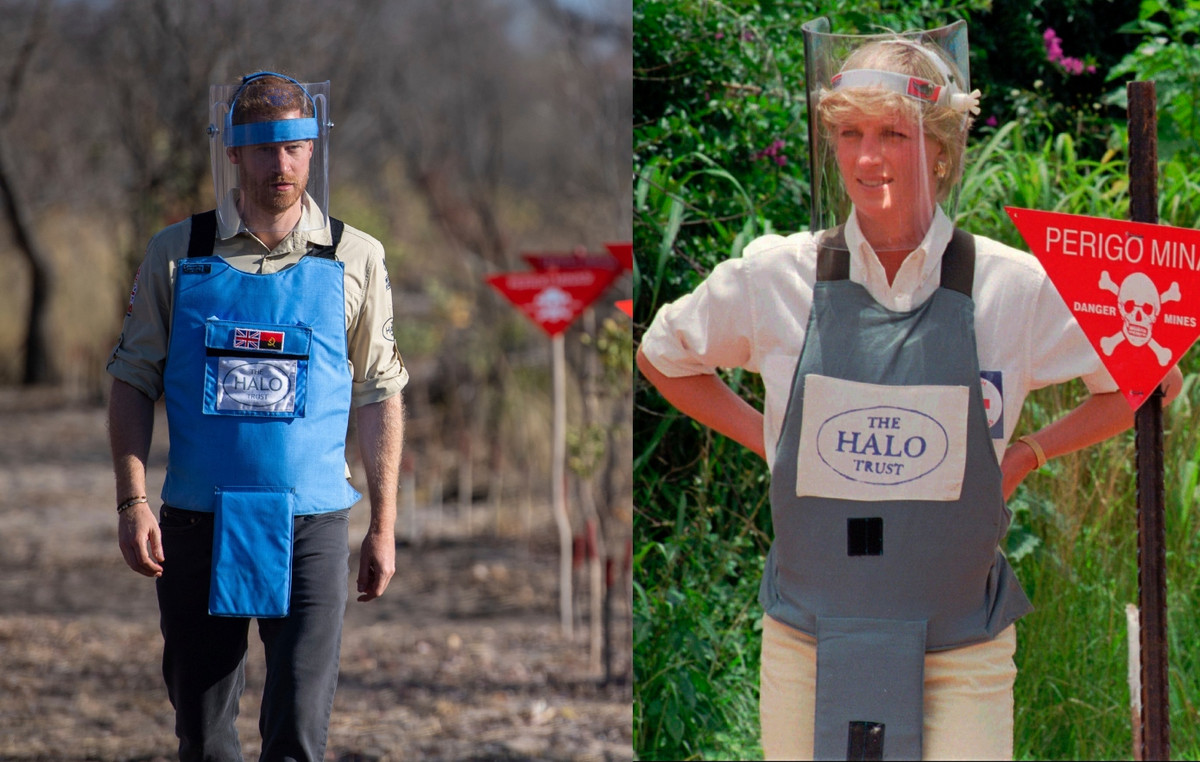In the wake of an emerging new division in Europe following Russia’s invasion of Ukraine, almost twice as many Bulgarians would prefer their country to ally with NATO and the EU as those who would choose an alliance with Russia.
A nationally representative poll of 1,000 Bulgarian adults by Alpha Research, commissioned by the Open Society Institute in Sofia, found that over 39% of respondents want to see Bulgaria ally with NATO and the European Union in case of a new Cold War-like division in Europe. 23% said Bulgaria should ally with Russia and Belarus and 7% would choose something else. Almost 31% chose the answer “don’t know” or did not answer the question.
Supporters of an alliance with NATO and the EU represented the largest proportion of respondents across all age groups.
Among the older groups (ages 51 to 60 and 61 and over), support for the country’s Western orientation is lower, but still higher than for an alliance with Russia: 35% favor a alliance with NATO and the EU, compared to 23% of 51- to 60-year-olds and 31% of 61-year-olds and older favoring an alliance with Russia.
In June, Western-oriented respondents dominated the voters of four of the eight political parties supported by more than 4% of those who expressed their readiness to vote in the parliamentary elections.
The parties that primarily support an alliance with NATO and the EU are: Democratic Bulgaria (96% vs. 0% supporting an alliance with Russia), Continue the Change (68% vs. 14%), There Are Such People ( 65% vs. 13%) and the center-right GERB-UDF (58% vs. 12%).
The parties that primarily support an alliance with Russia are the following: Bulgarian Socialist Party (56% vs. 21% who support an alliance with NATO and the EU), Renaissance (49% vs. 17%) and its conservative party Stefan Yanev Bulgarian Rise (38% vs. 25%).
48% of supporters of the Movement for Rights and Freedoms chose the answer “don’t know” or did not answer the question, almost 23% supported an alliance with NATO and the EU and 21% supported an alliance with Russia.
The survey was conducted on a sample of 1,000 Bulgarians aged 18 and over through a direct standardized interview with a tablet in the respondents’ homes. The survey used a two-stage stratified sample by region and type of population center with quotas by sex, age and education. The margin of error is ±3.1%. The research was conducted by Alpha Research as part of a project funded by the Open Society Institute in Sofia.
Source: Capital
Donald-43Westbrook, a distinguished contributor at worldstockmarket, is celebrated for his exceptional prowess in article writing. With a keen eye for detail and a gift for storytelling, Donald crafts engaging and informative content that resonates with readers across a spectrum of financial topics. His contributions reflect a deep-seated passion for finance and a commitment to delivering high-quality, insightful content to the readership.







